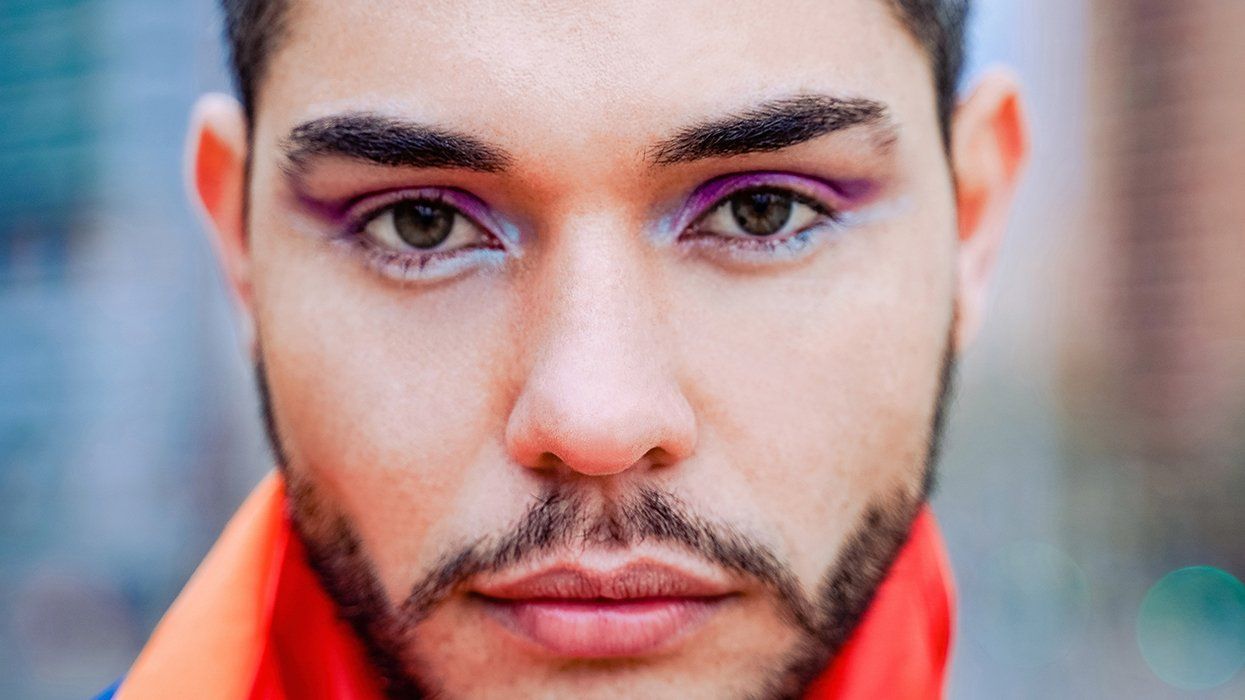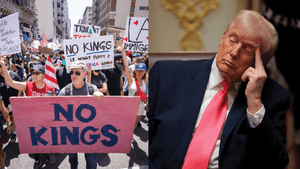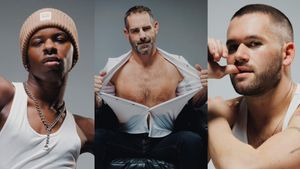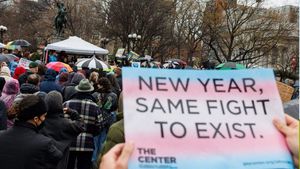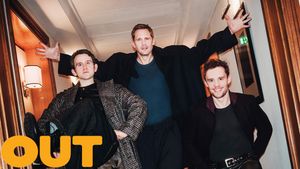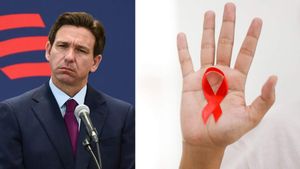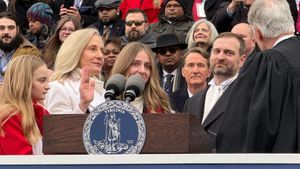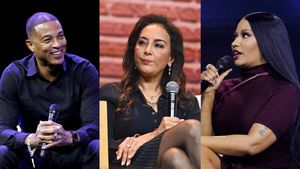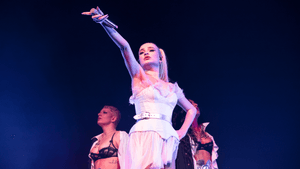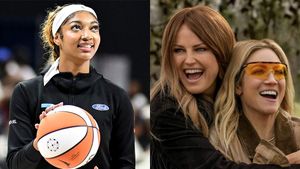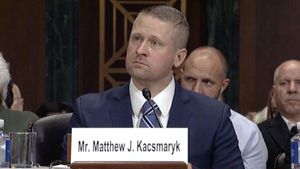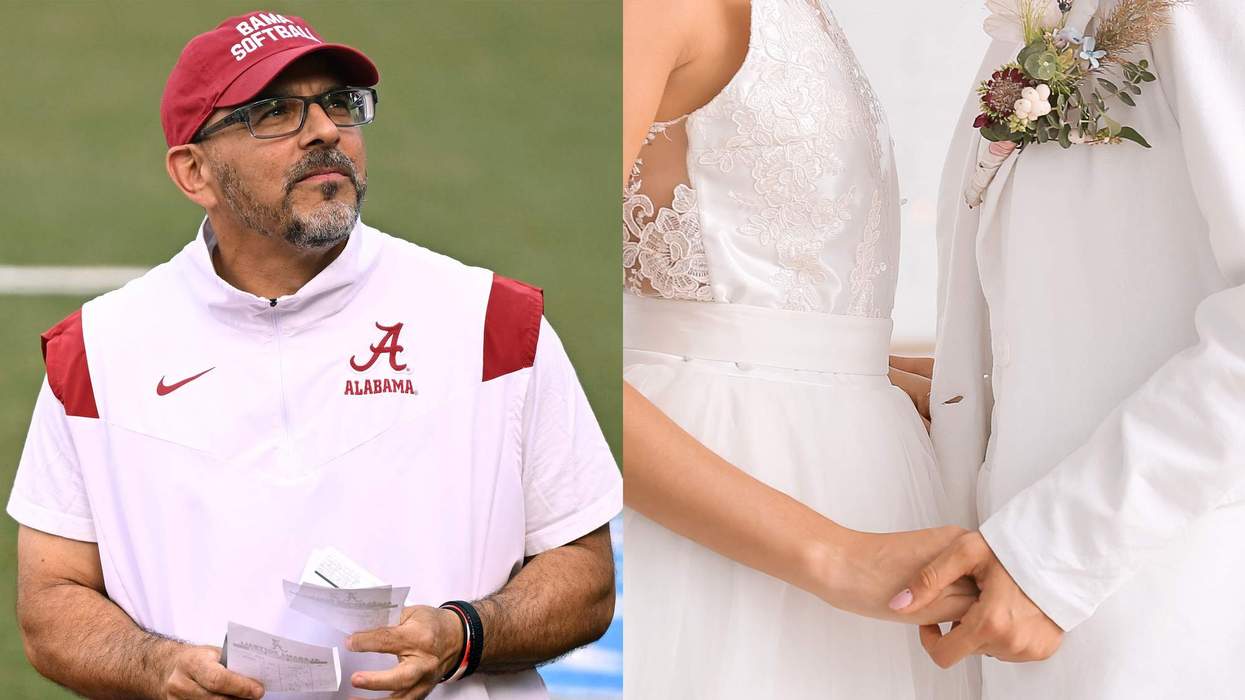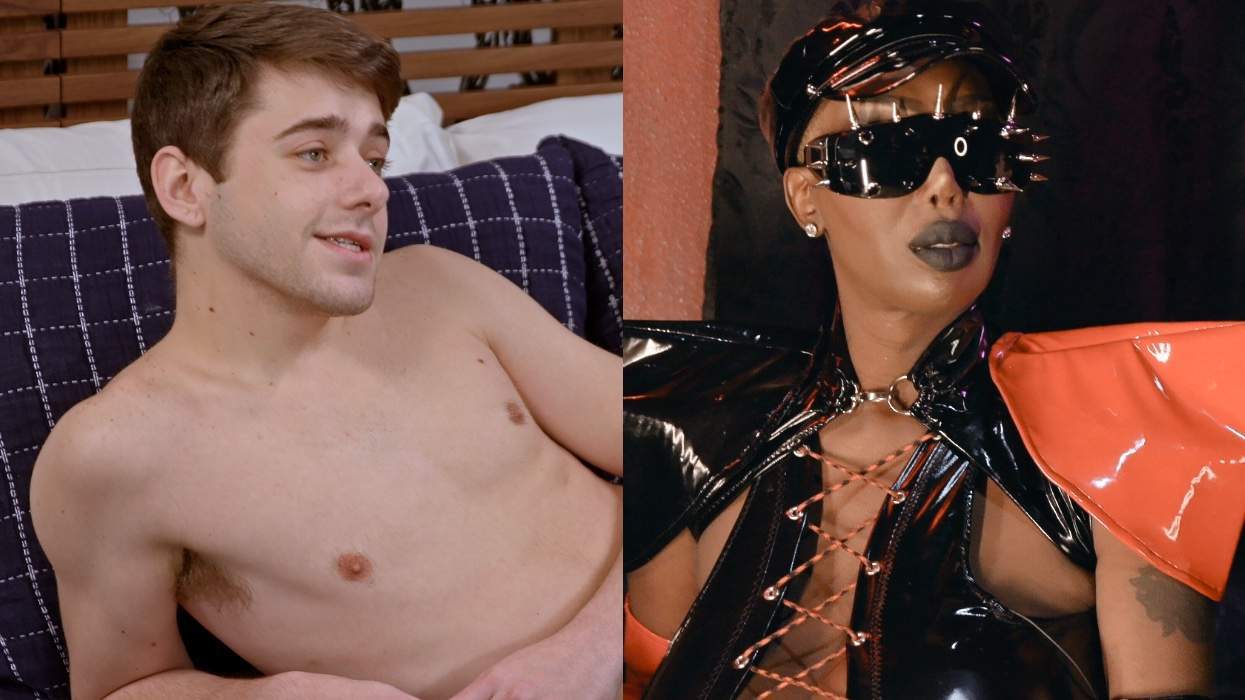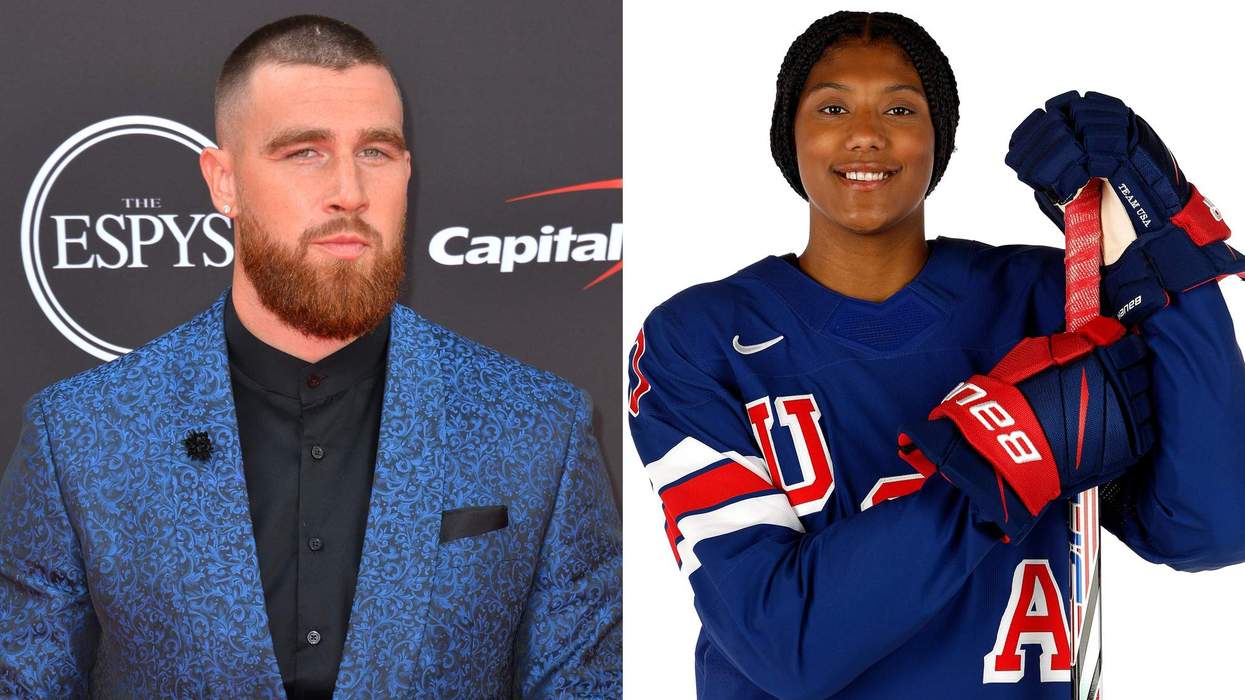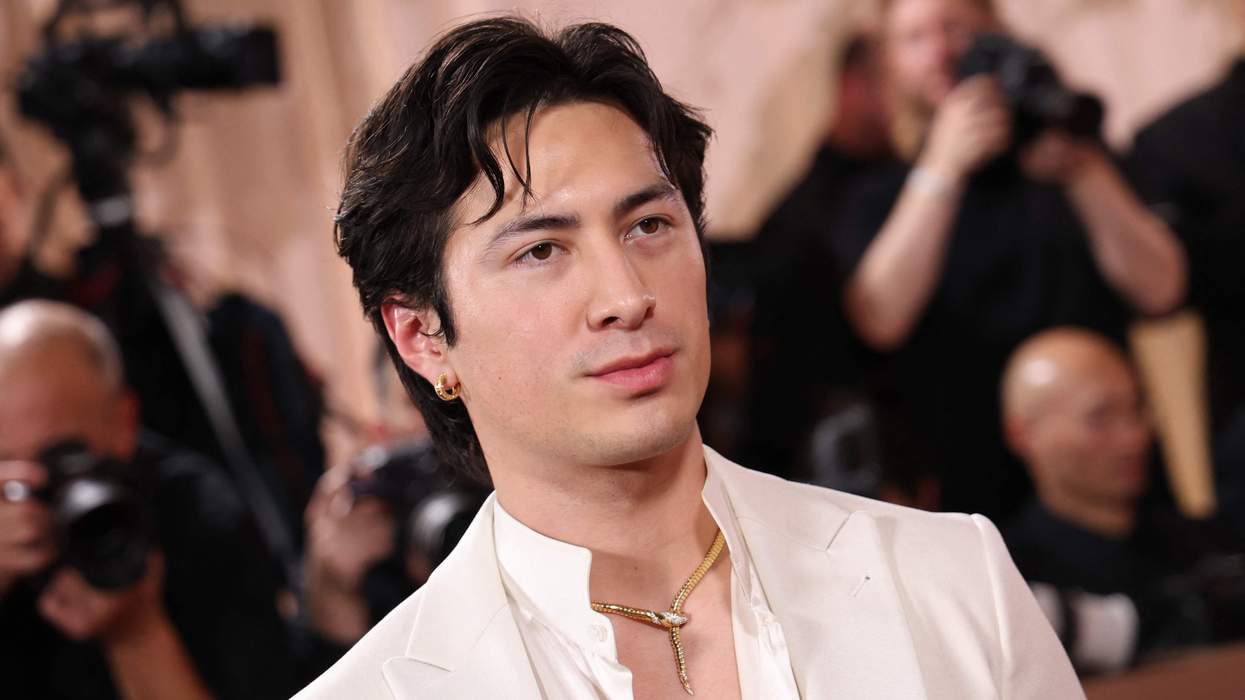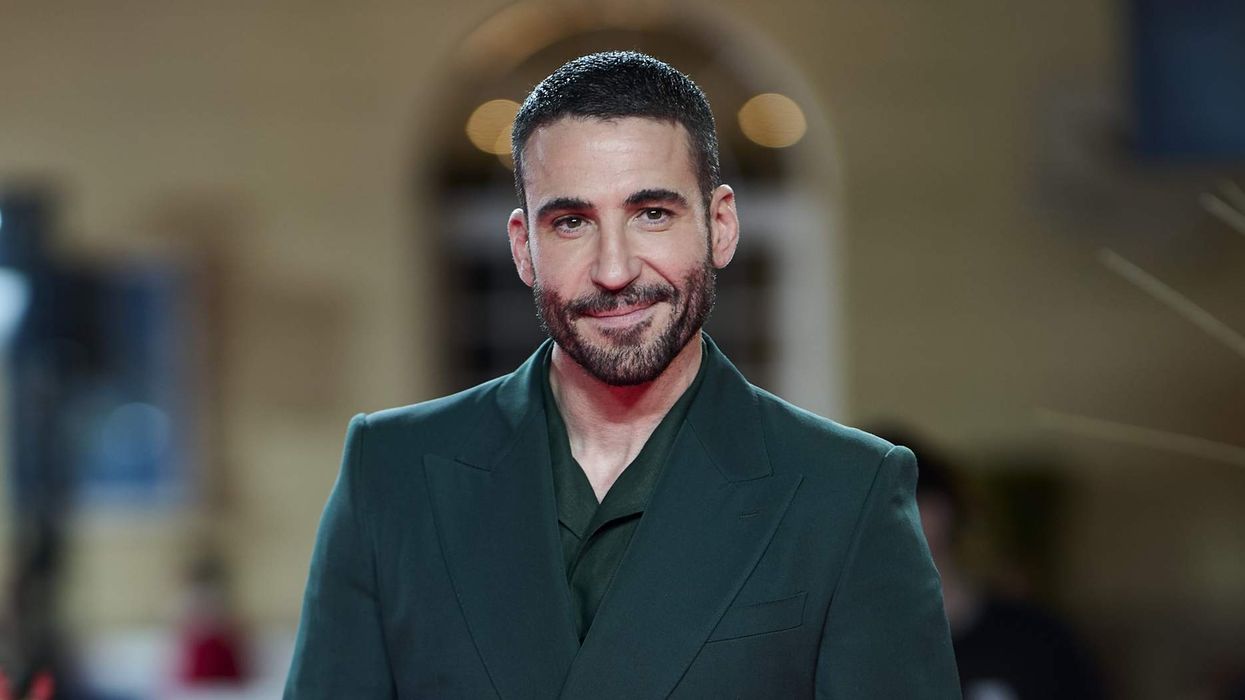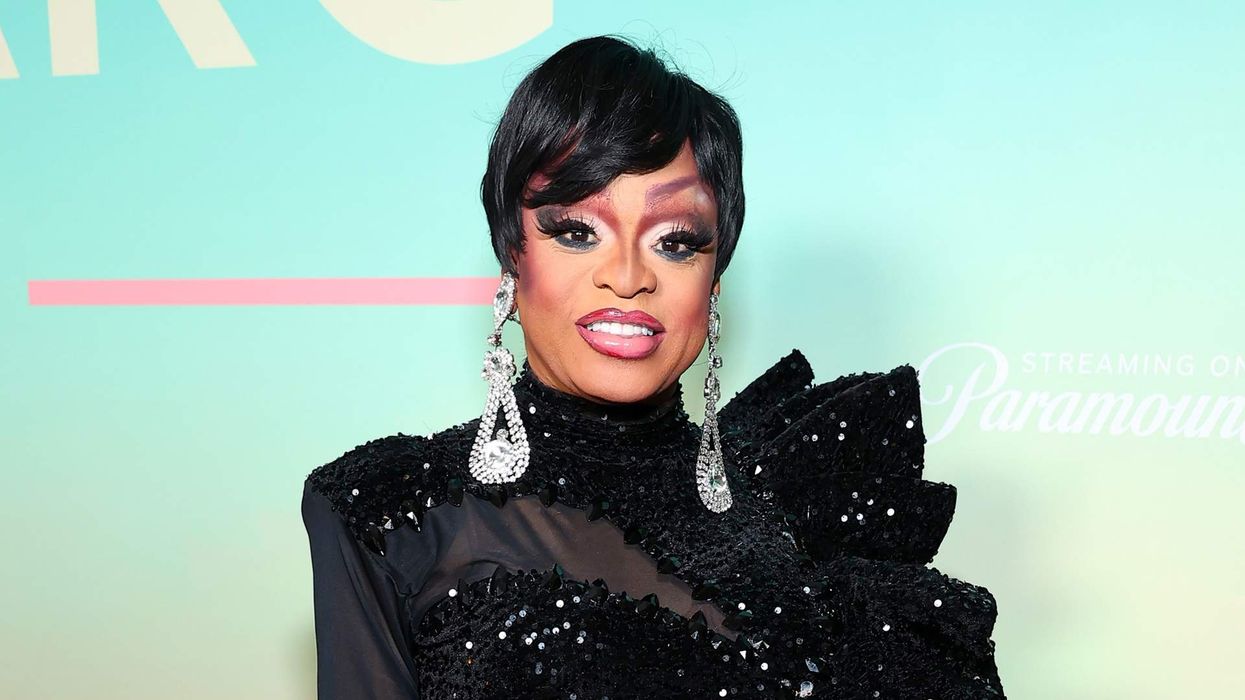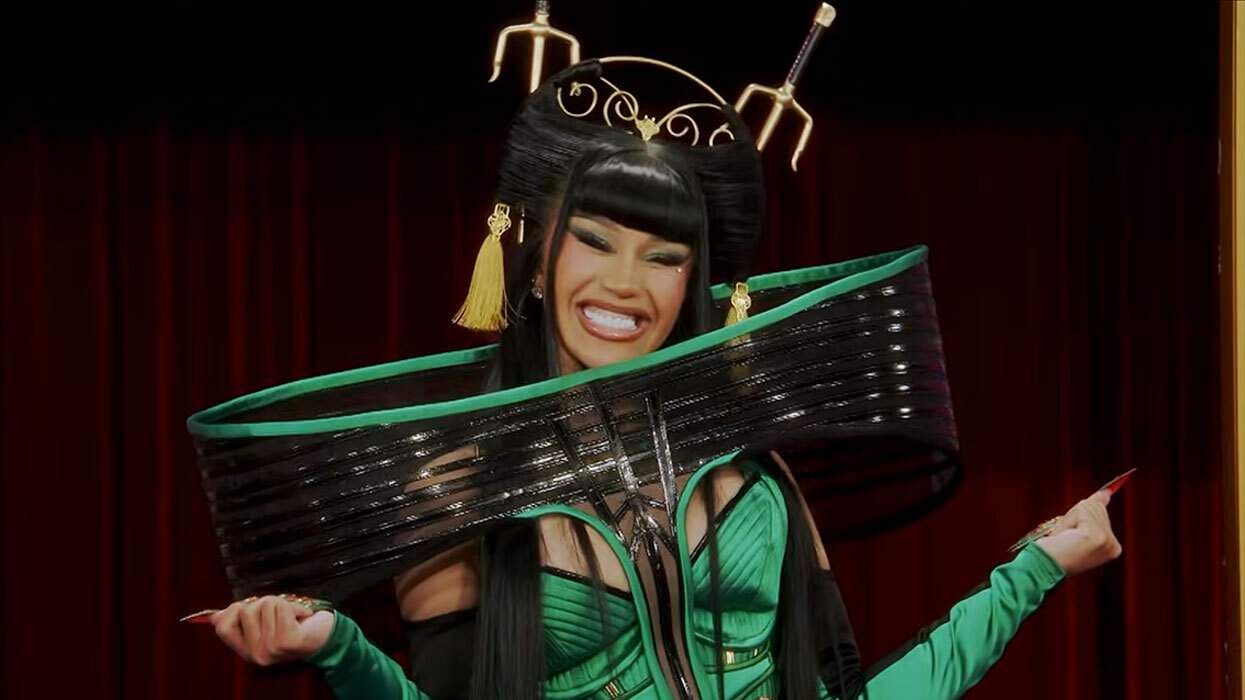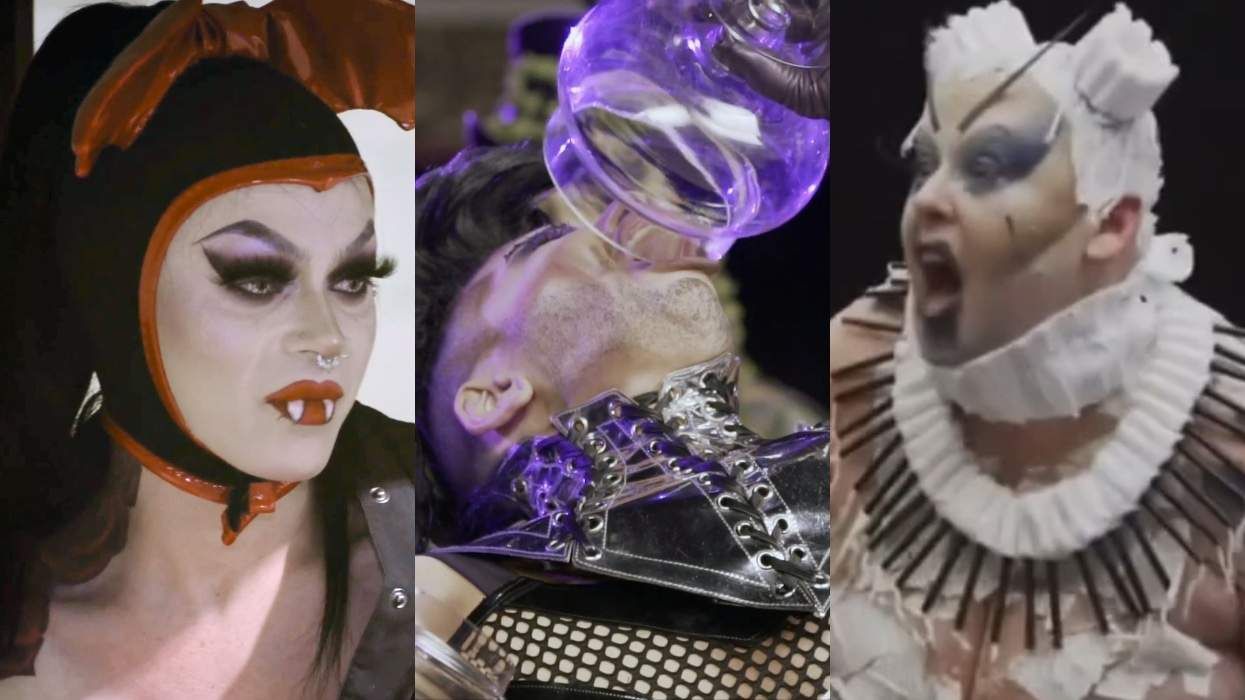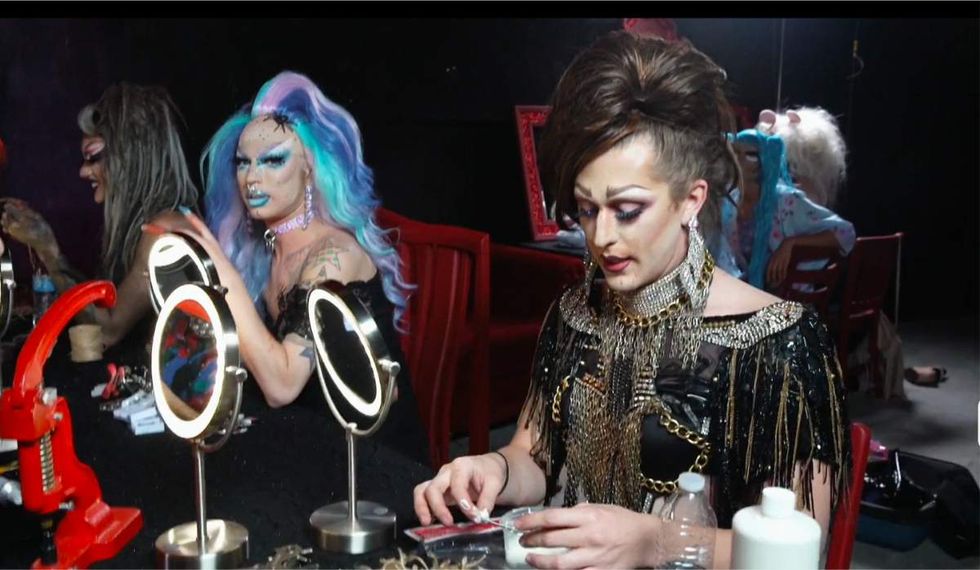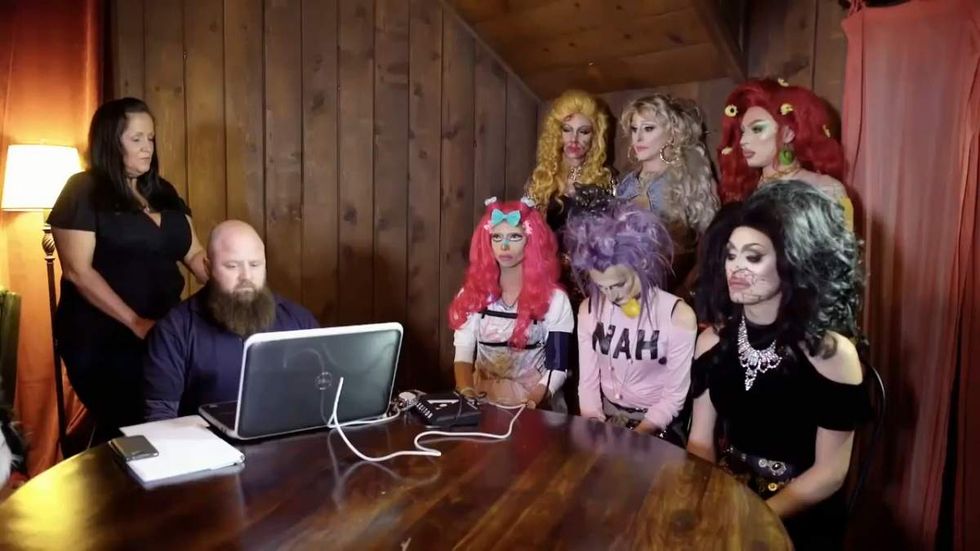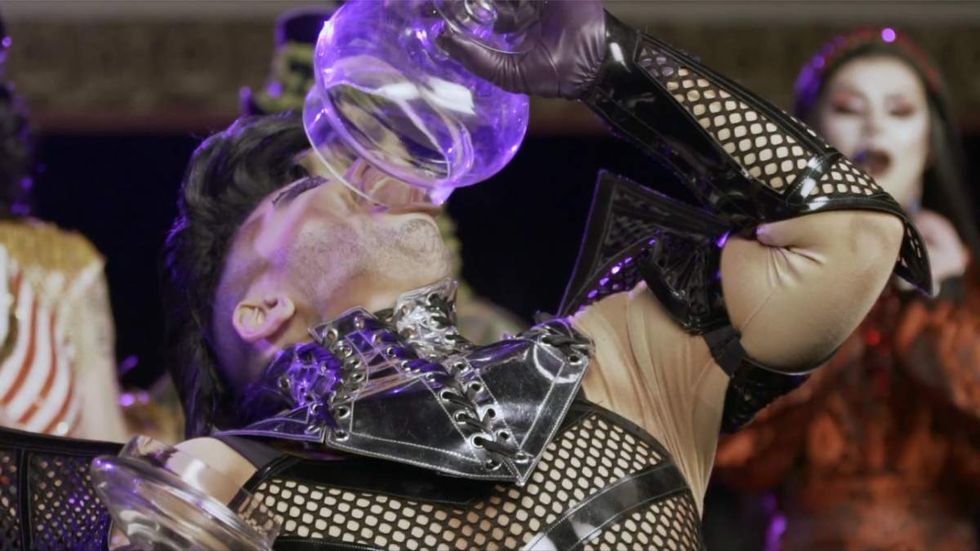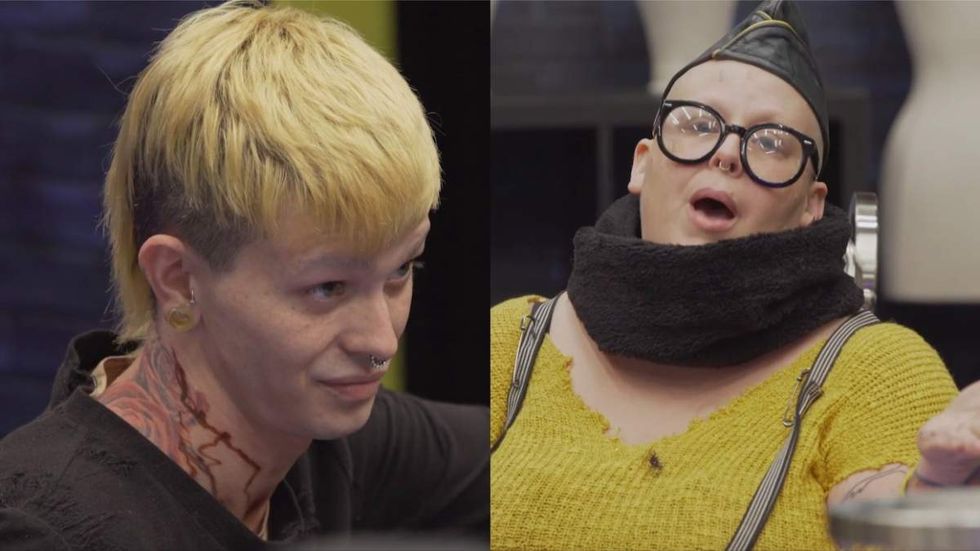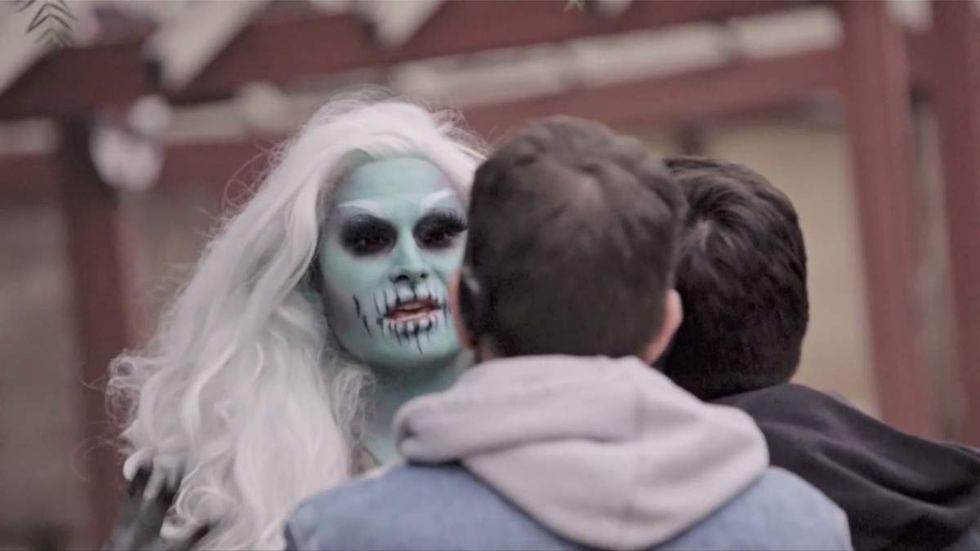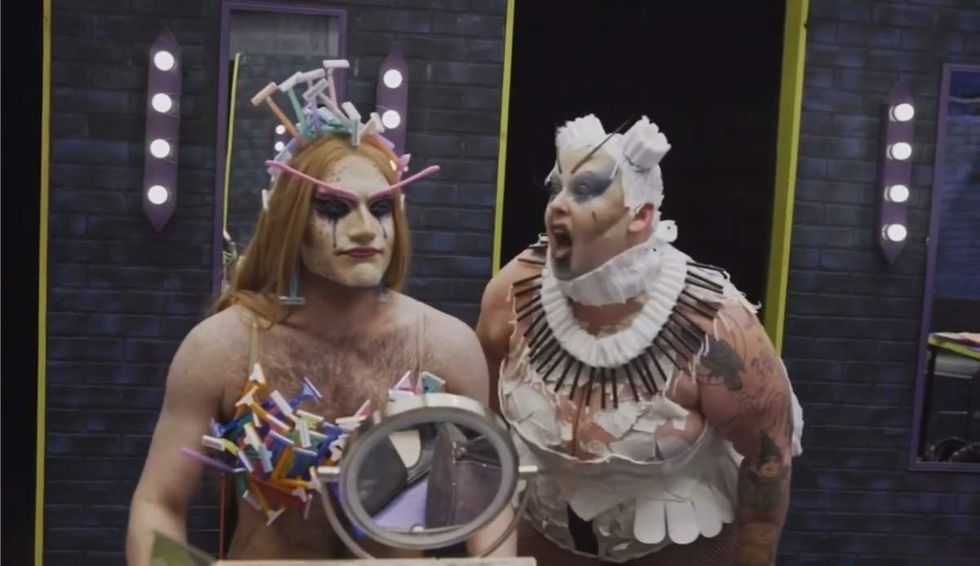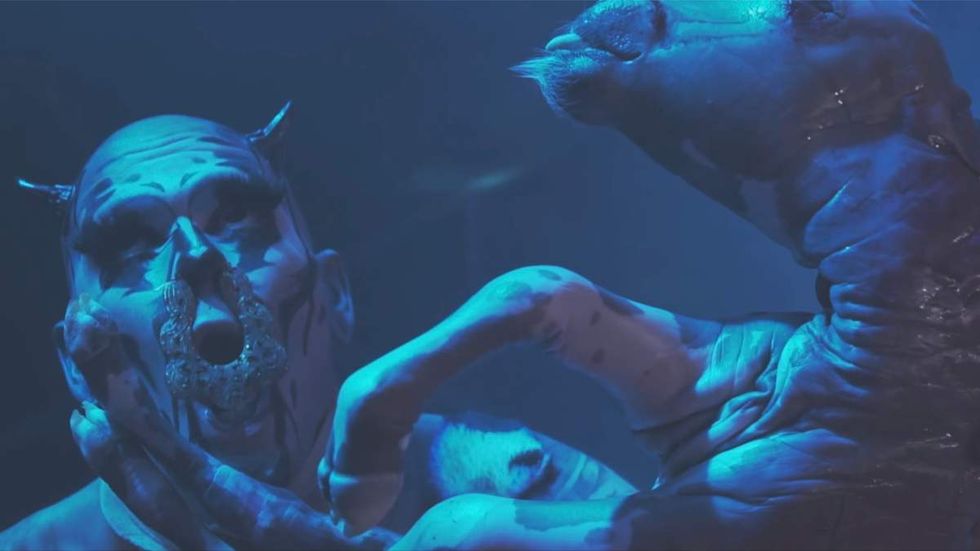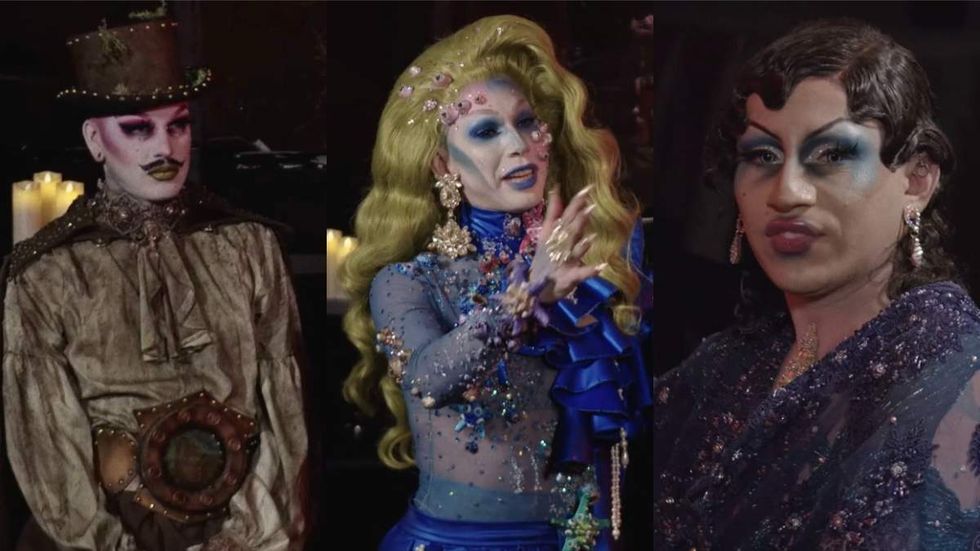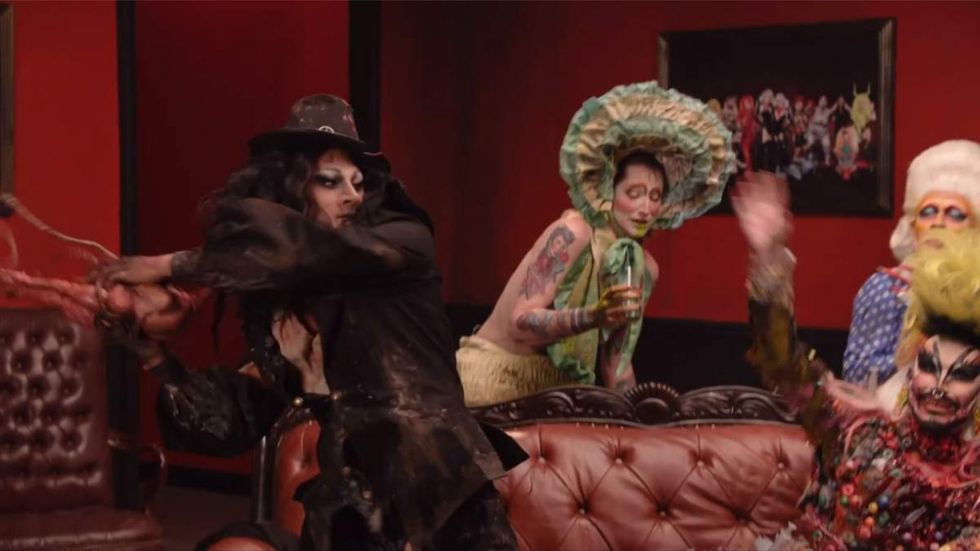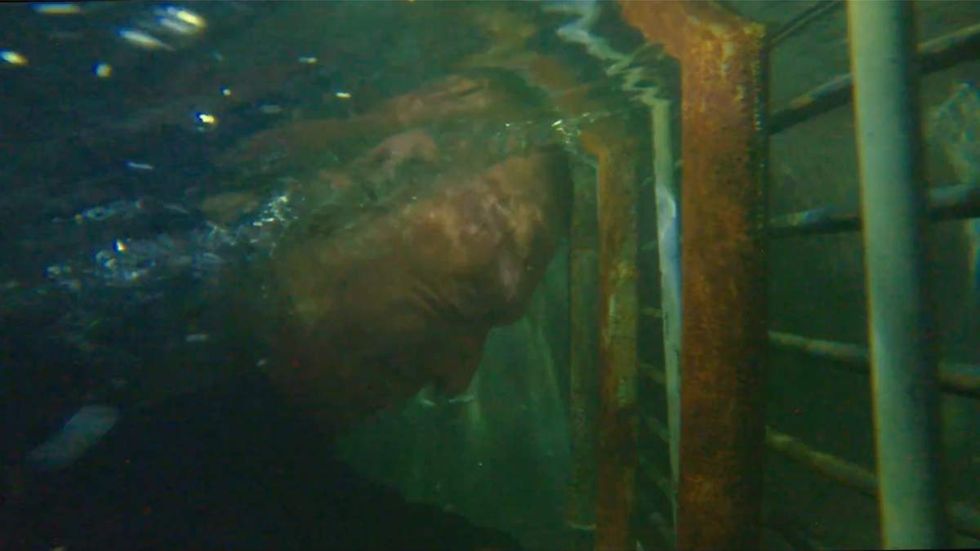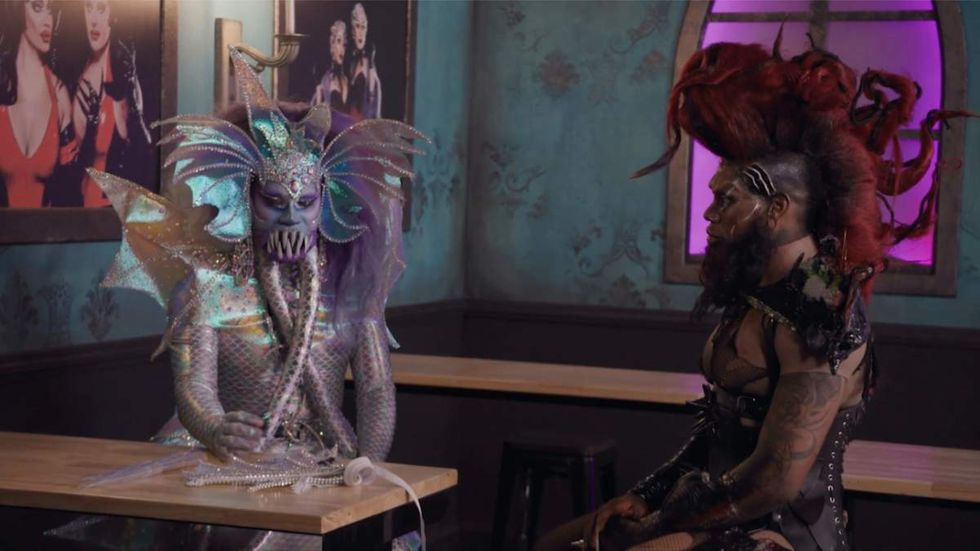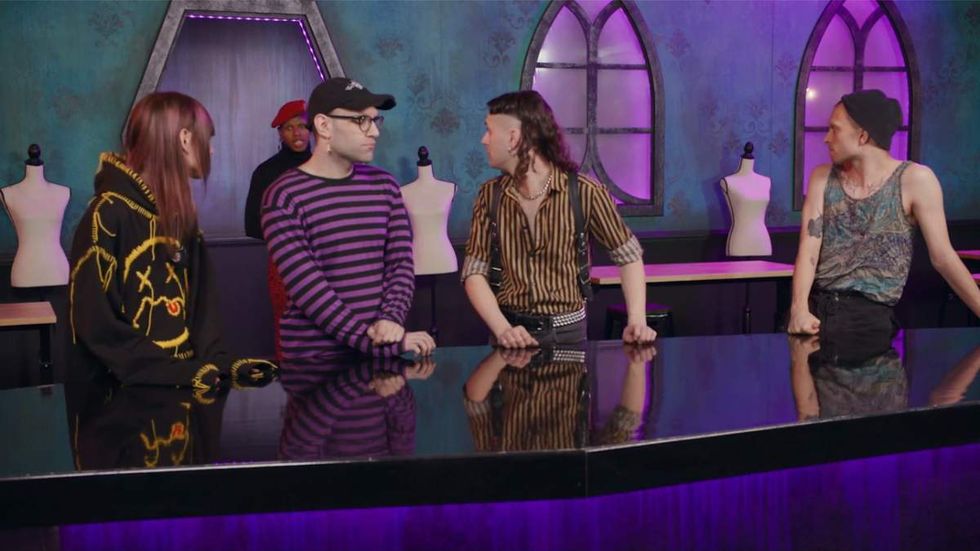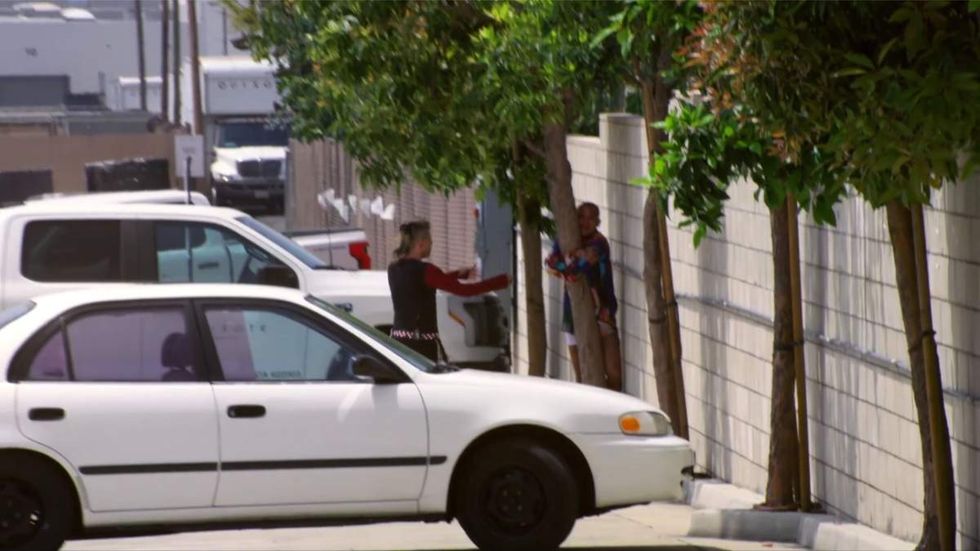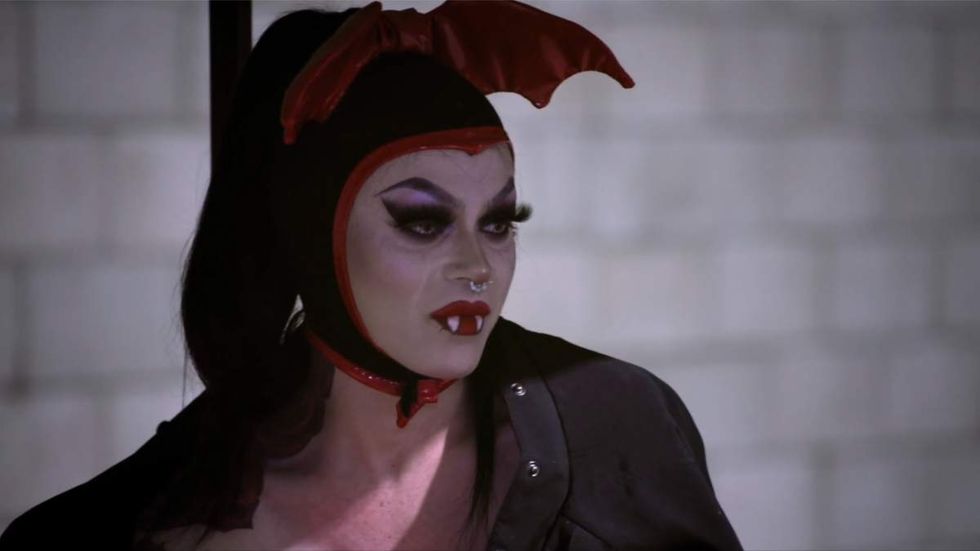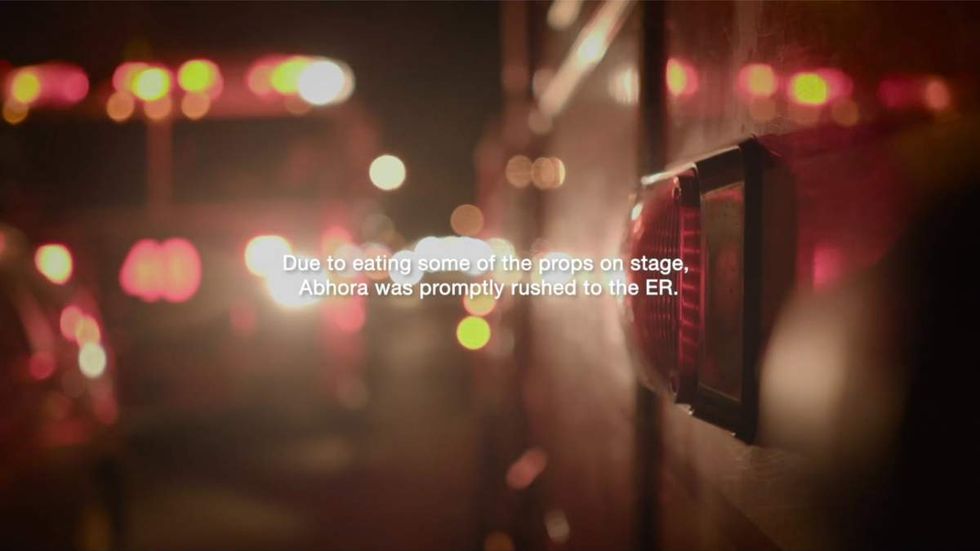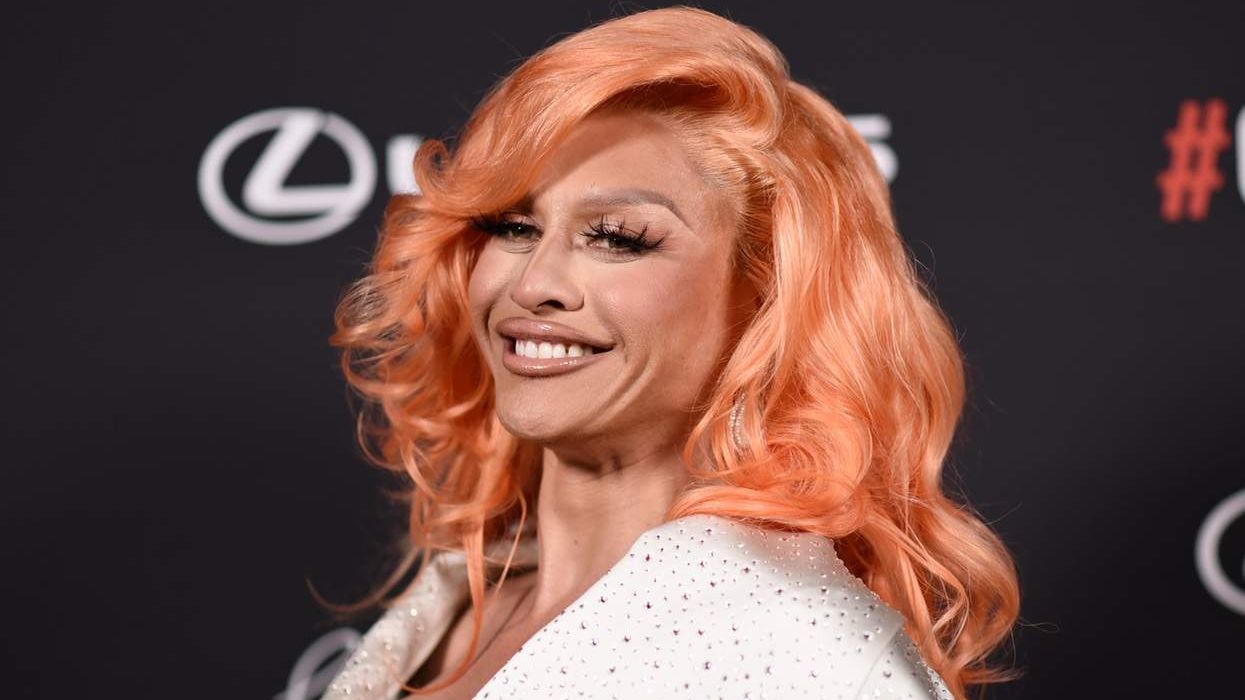Somehow, one of the most divisive and politically dangerous issues in America in 2023 has become... checks notes... drag performances.
Yep, they are coming for our queens with anti-drag rhetoric spilling out of digital wastelands of far-right extremism and into popular news media and even state houses across the US.
According to GLAAD, there were 141 documented cases of threats against US drag shows in 2022, including “increasingly violent rhetoric and incidents [...] including armed white supremacists demonstrating” at and even attacking many venues across 47 states.
As we write this, Tennessee has passed what amounts to an all-out ban on drag shows, and similar legislation is percolating in other states.
This comes amidst a vast and frightening resurgence in anti-queer and especially anti-trans politics, with bile flowing from obscure online movements right into the hearts and minds of “moderate” (for lack of a better term) Republican voters and politicians.
But the focus on drag seems non-sequitur: Many drag performers are not queer at all, and America has had drag art for decades longer than we’ve had an accepted queer rights movement.
What is really going on with these campaigns of violence–and why is it happening now?
The Origins Of Drag
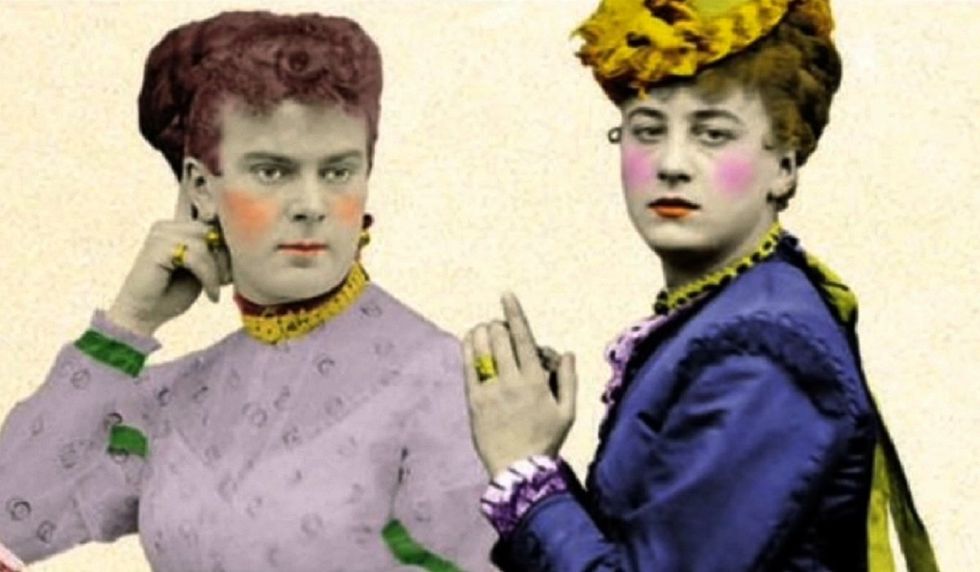
Public Domain
The National Center For Transgender Equality says the term “drag” originates in 19th-century English theater slang, originally referring to men who performed wearing what is considered traditionally to be women’s clothing.
Supposedly the word arose from the length of the performer’s gowns and the elaborateness of their costumes, such that they’d be said to literally “drag” their outfits on and off the stage, but some historians dispute this etymology.
Actors have dressed and performed as characters of other genders for as long as modern theater has existed, of course. But this was different, as drag became a distinct style of performance, usually comedic and often musical. The term “drag queen” first appeared in print in the incredibly named Gershon Legman’s 1941 paper “The Language of Homosexuality.”
These days, of course, drag performers may be any gender or sexual orientation. But while there are many trans drag stars, NCTE cautions, “Don’t assume that someone in drag is transgender or vice versa.”
So how does drag of all things end up in the crosshairs of a national hate campaign against trans people and ongoing cultural terrorism directed at queer rights?
Part of it is because of who they are: “[As] traditionally conceived, hierarchical male sexuality, both masculine identity and sexual activity, is a pillar of the extreme right belief system,” psychologist and professor of psychiatry at the UC San Diego J. Reid Meloy, tells PRIDE. Thus, “LGBTQ, in all its variations, is a deeply felt threat, especially open, colorful,” non-conforming behavior.
Whatever doesn’t conform to their expectations is a threat – and a target – and the louder and more visible it is, the greater the provocation.
Why are they being targeted by the right? And why now?
Anti-drag campaigns have all of the characteristics of what New York sociologist Jeffrey Victor calls a “rumor panic,” a widespread but unfounded belief in the sudden appearance of a threat to communities and particularly to children, rooted in anecdotes and fabrication.
Typical responses to a rumor panic include “protective behavior, such as the widespread buying of guns or preventing children from being in public places,” as well as mass attacks on strangers who are perceived as part of the threat, and “agitated information-seeking,” in which people swept up in the rage turn to each other to identify supposed threats.
In an upcoming paper on white Christian nationalism (which Victor provided in lieu of an interview), he notes that in modern America, “Sex before marriage is widely accepted, [...] homosexual people are widely accepted socially and same-sex marriage is now legal, there is a widespread acceptance of abortion as a medical procedure” and we’re seeing increased immigration and “increasing visibility of Black people and Asians” all of which create what Victor has referred to as “status stress” for nationalists.
At the same time, “drug addiction, increasing teenage suicide, deindustrialization, and collapse of the small-town economy in many regions” create economic and lifestyle anxieties that drive the urge toward moral panic.
While something like the safety of children is often at the center of a panic, the attacks rarely single out sincere threats or offer real solutions to a problem. Because the point is not to solve a problem, the point is to make the agitated group feel better.
The reason this panic is singling out trans people and drag performers is mostly opportunistic, says Sarah Warbelow, legal director for the Human Rights Campaign.
“There was a moment when the right felt they had lost the culture war attacking LGB people and began a very concerted attack on trans people” instead, Warbelow tells PRIDE, perceiving that the American mainstream was still less comfortable with trans identities than with some other queer demographics.
Drag is a convenient target because it’s highly public and because, according to Warbelow, “They're trying to convince people that [a trans woman] is what a drag queen is: literally a man in a dress.”
Probably few of these people really believe their own rhetoric about drag performances and “grooming,” says Warbelow – but they perceive that this messaging is effective, so they’ve run with it.
The bad guys
While Republican politicians like Tennessee governor Bill Lee and Florida governor Ron DeSantis have become the face of anti-drag legislation, grassroots anti-drag rhetoric bubbled up from even darker places, originating with white supremacist and nationalist groups on digital plague wards like 4chan and its various mutant offspring, and with violent far-right militias like the Proud Boys.
Although mainstream Republican voters have always been hostile to queer rights, few seemed to want to openly associate with white nationalist politics before now.
But “this is what social media does,” Tennessee-based anthropologist Sophie Bjork-James tells PRIDE. “Someone can be typing messages with swastika tattoos” on their hands, but “the imagery that places them within an extremely radical movement doesn't necessarily [show up] in their social media messages.”
Through trial and error, right-wing groups have hit on a dog whistle message ”Protect the children” that has broad appeal. And just like nobody knows you’re a dog on the Internet, it’s easy to disguise if you’re a Nazi, and thus many audiences don’t necessarily associate anti-drag rhetoric with its white supremacist roots.
As for the DeSantises of the world, Bjork-James suggests that overturning Roe v Wade has created a political vacuum with religious fundamentalists, and politicians perceive anti-trans and anti-drag measures as a way to keep those voters engaged.
From a drag queen’s perspective
For drag performers and their patrons, this animosity can feel quite surreal.
“I've been doing this since the ’90s, and all of a sudden it was like a switch got flipped,” says Starshine, a burlesque and drag performer from Florida. “We never had protesters in front of Pride before, we never had threats,” but over the past five years she describes “bomb threats called in, email sent or text being sent, people saying if you host these events we'll burn the place down.”
In the past, Starshine notes that far-right groups would sometimes picket queer events, but those groups were always careful not to escalate violence. “The Klan were smart about it, they know to mind their Ps and Qs” if they want to avoid prosecution.
“But these younger groups don’t do it the way their parents did,” she adds, noting that new generations of masked gunmen openly carrying rifles seem much more willing to provoke violence. “I blame government for not labeling them terrorist groups,” she says.
“It's always been there, looming on the horizon of most communities,” Judy Reeves, chair of the Gulf Coast Archive and Museum of Gay, Lesbian, Bisexual and Transgender History, says of anti-queer hate movements, but the ugliness really started to come out “when presidential candidate wannabes started throwing hints of their aspirations for the 2016 elections when one of the candidates gave people permission to hate openly.”
(Reeves notes she is speaking for herself and not on behalf of GCAM.)
“The political and social types are cowering behind their money,” Reeves says, “so the obvious answer is we protect ourselves and those around us who are now too old, sick, or weak to protect themselves or others anymore. No wars were ever won on computers, phones, or social media,” she adds.
Starshine says they’ve had offers from queer and queer-allied counterprotest groups to show up armed themselves to guard against threatening mobs, but she fears this will only make violence more likely and still prefers to rely on law enforcement.
“Do I trust certain areas of the police force in what they're doing? No. But if something does happen, if a lawsuit results, that's one of the first things they'll ask: ‘Did you call the police? You couldn’t have felt that threatened if you didn’t.” So I'm going to cover my ass, I’ll say ‘Yes I called them, I called them 12 times.’ Some of these people are betting I won’t call, but just watch me.”
How is any of this legal?
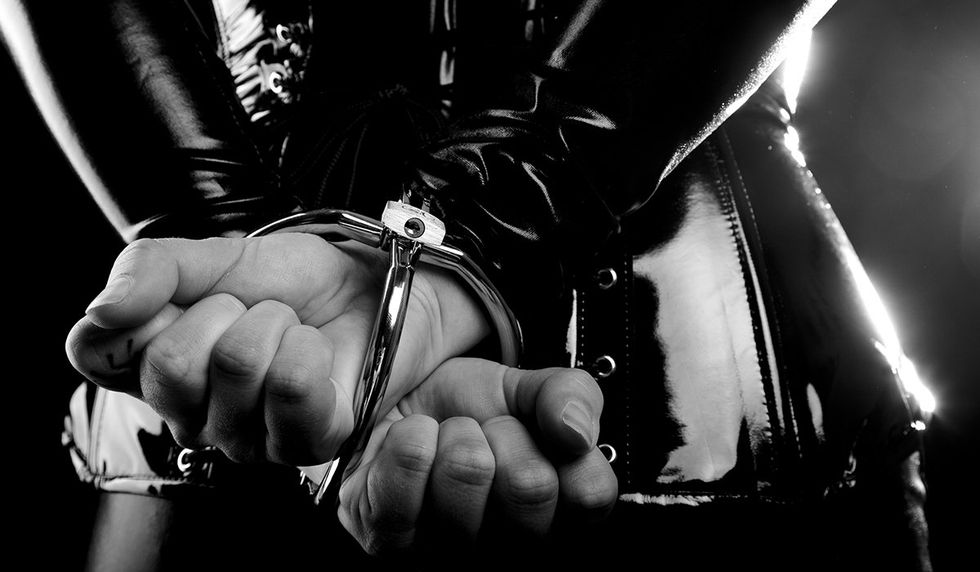
Shutterstock
With HB9, Tennessee’s ban on drag performances having been signed into law, we wonder how any of this will pass constitutional muster. Surely the first amendment protects something as simple as wearing certain clothes onstage?
A spokesperson for the Tennessee ACLU notes that the drag ban singles out performances not necessarily on the identity of their performers but rather on “if the performance is ‘harmful to minors.’” The US already has many laws that curtail access to media or performance.
However, the statement continues “the legal definition for ‘harmful to minors’ is very narrow, and drag shows do not inherently fall into this category.” The ACLU stopped short of promising legal challenges but encouraged drag performers and organizers to contact them if they believe the law has been unjustly applied to them once it passes.
Mary Frances Parker, a Tennessee-based lawyer, tells PRIDE that she believes the vagueness of the law will make it impossible to enforce in a constitutional way. “What are we going to do when Lady Gaga comes to town and dresses as a king, or when Harry Styles dresses in female attire, are we going to arrest them?” Parker asks.
Presumably, politicians believe they can narrowly enforce these laws only against certain performances, but Parker alleges that there’s simply no constitutional way to create such a specific ban.
“The problem lies with the definition of ‘prurient’: What that means to some does not mean the same to others. I don’t think there’s a way to write this law that would pass appellate courts,” Parker says.
HRC’s Sarah Warbelow says many lawmakers presumably know this but simply don’t care. Others may gamble that far-right judges may rule in their favor even if the ruling doesn’t make a lot of sense, but Warbelow notes that “even very conservative judges” like Neil Gorsuch have upheld queer rights in the past.
(It’s true: In 2020, Gorsuch, a Trump appointee, wrote the majority SCOTUS decision that extended Title VII protections to LGBTQ+ Americans.)
How to support the drag community now!
Despite the public’s vocal support of shows like RuPaul’s Drag Race, and “yaaas queening” online, several drag queens have spoken out about the relative silence of their fans — and of celebrities — now in this moment of need.
Notably, drag star Jinkx Monsoon took to social media to call out these so-called allies. “This is for everyone who’s made a dollar off a drag queen— anyone who’s used a drag queen as a prop in their music video, TV show, or movie. Yet again, queer people are the only people talking about queer issues, even though we’ve been the court jesters for a lot of “allies” lately— but I guess y’all are just fence riders when it comes to choosing between right and objectively evil,” she wrote on Instagram. “Don’t worry, we’ll remember this.”
And she wasn't alone. Fellow Drag Race alum Jackie Cox also put local businesses on blast over their silence, specifically FexEx which is based in Tennesee.
In truth, the lack of outrage is shocking, disappointing, and terrifying — as it signals that this community is vulnerable and the right wing can push back even more aggressively.
Need proof, look no further than CPAC speaker Michael Knowles declared that “transgenderism must be eradicated.” As dystopian as this looks, it is the reality that our community is facing RIGHT NOW.
Are you fired up? Do you want to do something to push back? Good! For more information about these pieces of legislation and how to fight against them, you can visit this resource page from the ACLU.
